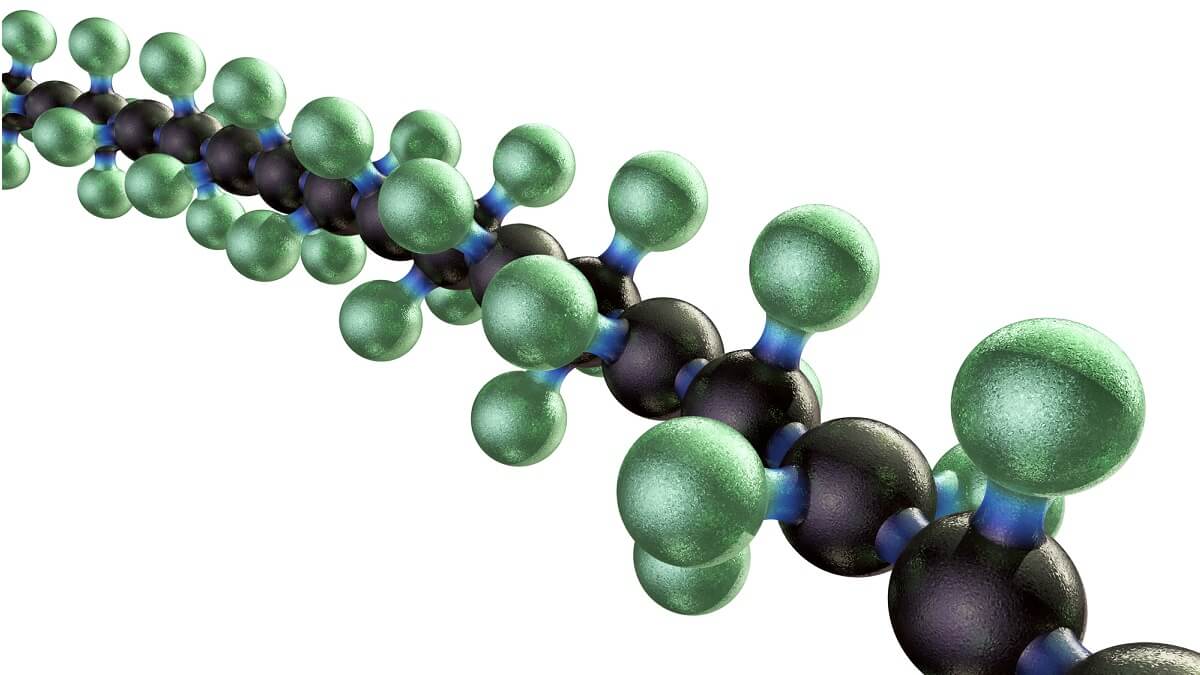High-Performance Polymers: Advanced Materials for Industry
High-Performance Polymers: Advanced Materials for Industry
Blog Article
Checking Out the Varied Applications and Benefits of Polymers in Different Industries
Polymers, with their varied variety of properties and capabilities, have actually come to be essential in numerous industries, each enjoying special advantages from their application. Polymers. From enhancing safety and security and performance in the automotive industry to reinventing medical devices in the medical care market, polymers play a pivotal duty. Furthermore, their green nature is altering the landscape of sustainability methods. As we explore the depths of polymers in electronic devices, we reveal cutting-edge developments, while their structural integrity transforms the world of building and framework. The pervasive impact of polymers throughout markets is a testament to their flexibility and flexibility, shaping the future of plenty of sectors.
Automotive Market Applications
Polymers play a crucial role in improving the efficiency and sturdiness of different parts within the automotive industry. One popular usage of polymers in the auto industry is in the production of light-weight components.

Health Care Sector Advantages
In numerous medical care applications, the advantages of using polymers are widely acknowledged for their varied variety of advantageous residential or commercial properties. Polymers play a critical role in the health care market because of their adaptability, biocompatibility, and cost-effectiveness. Among the primary advantages of polymers in health care is their capacity to be customized to details needs, such as flexibility, toughness, and biodegradability, making them ideal for a vast array of clinical applications.
Polymer-based materials are extensively made use of in clinical gadgets, such as catheters, implants, prosthetics, and drug delivery systems, due to their biocompatibility and capacity to resemble all-natural tissues. These products can lower the danger of allergies or beings rejected, enhancing client safety and outcomes. In addition, polymers are light-weight, making them appropriate for wearable medical tools and ensuring person comfort.
Moreover, polymers enable the growth of innovative therapy methods, such as hydrogels for cells engineering and nanocomposites for targeted medication delivery. Their convenience of processing and sanitation makes them important for keeping high standards of health in health care settings. Generally, the diverse benefits of polymers add substantially to improvements in clinical technology and individual care.
Environmental Advantages of Polymers

Additionally, polymers can add to power savings because of their light-weight nature. In sectors such as transport, light-weight polymer materials can help reduce fuel consumption and greenhouse gas emissions. Furthermore, polymers can allow the advancement of energy-efficient items such as insulation products that improve energy conservation in buildings.
Additionally, polymers play an essential function in decreasing water contamination. The usage of polymer-based purification systems can properly get rid of toxins and contaminants from wastewater, securing water sources and ecosystems. In general, the ecological benefits of polymers make them valuable properties in promoting sustainability and environmentally friendly methods throughout numerous sectors.
Polymers in Electronics and Technology
Thinking about the boosting need for cutting-edge and sustainable options in modern-day industries, the integration of advanced polymer innovations in the world of electronics and modern technology has emerged as an essential method for driving effectiveness and efficiency. Polymers have actually changed the electronic devices industry by allowing the production of lighter, a lot more flexible, and durable electronic devices. From smartphones to medical tools, polymers play a vital function in enhancing item design and capability.
One considerable advantage of polymers in electronic devices is their insulating properties, which assist shield delicate digital elements from ecological aspects and electrical disturbance. Additionally, polymers are straight from the source crucial in the development of site here adaptable screens, wearable modern technology, and printed electronic devices, providing countless opportunities for creating wise and interconnected devices.
Moreover, making use of polymers in electronic packaging has actually caused advancements in miniaturization and thermal monitoring, boosting the overall efficiency and dependability of electronic systems. As modern technology remains to develop, the convenience and adaptability of polymers will definitely drive better development in the electronics sector, forming the future of technology.
Role of Polymers in Building And Construction and Facilities
The assimilation of innovative polymer products in construction and framework tasks has actually changed the method structures are developed and developed in contemporary times. Polymers use many benefits in the building and construction market because of their adaptability, durability, and cost-effectiveness. One key role of polymers in construction is their use in layers and sealers, giving protection against ecological variables such as dampness, UV radiation, and deterioration. In addition, polymers are made use of in the production of light-weight and high-strength composite products, boosting the architectural stability of structures while minimizing total weight.
Moreover, polymers play an important role in lasting building methods by enabling the growth of energy-efficient frameworks. Shielding materials made from polymers help regulate indoor temperatures, decreasing the need for home heating and cooling down systems and eventually lowering power consumption. Furthermore, using polymer-based composites in framework projects such as bridges and roads enhances their longevity and reduces upkeep expenses. Generally, the unification of polymers in building and construction and framework displays their considerable effect on modern-day engineering practices.
Final Thought
In final thought, polymers play a critical function in various markets such as auto, health care, environmental, electronics, and construction. Their functional properties make them important in creating innovative services and products. From improving fuel efficiency in vehicles to his response enhancing clinical tools, polymers supply numerous benefits. In addition, their influence on reducing waste and promoting sustainability highlights their importance in modern applications. The widespread use of polymers demonstrates their considerable payment to progressing innovation and boosting lifestyle.
Report this page